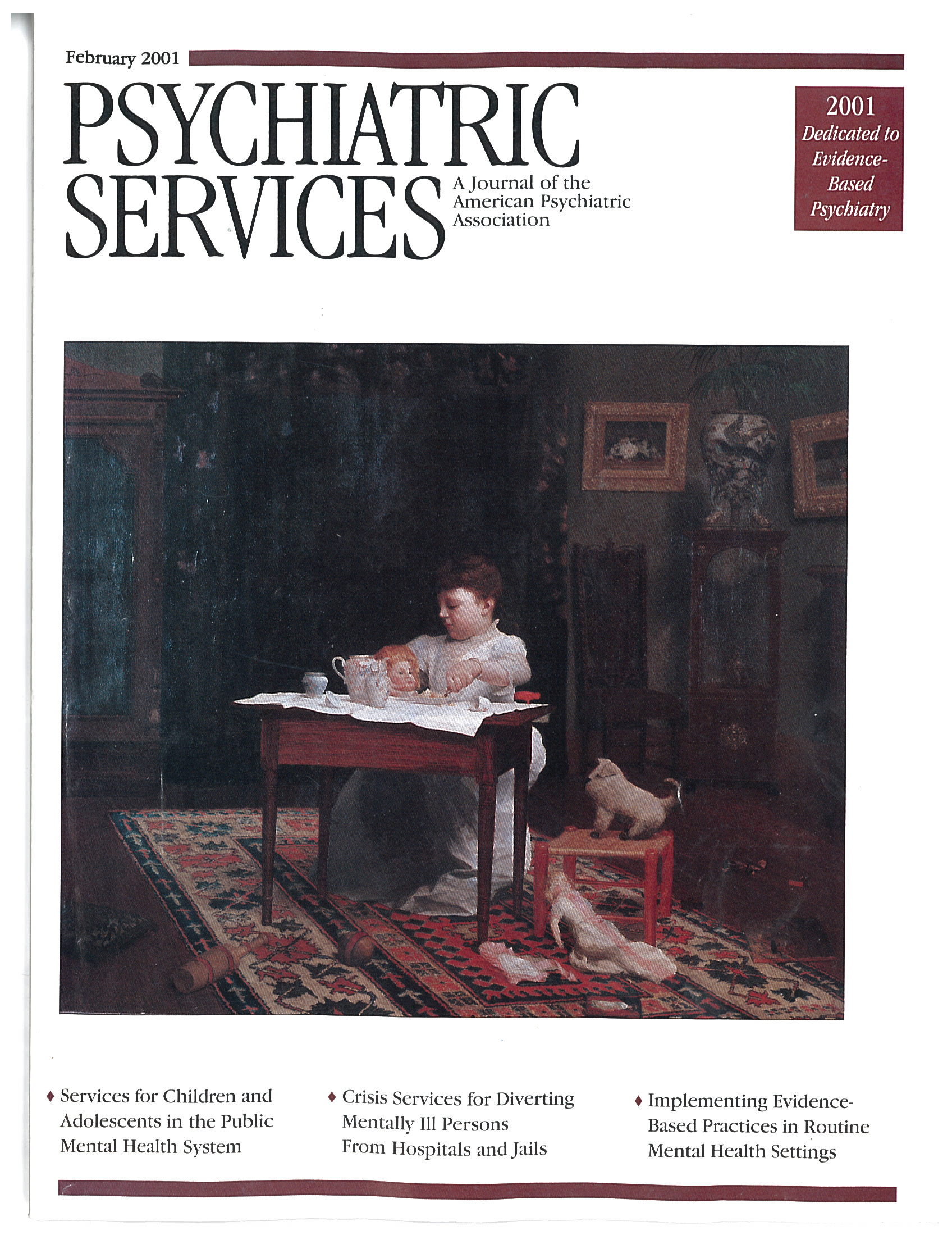The Setting of Psychiatric Care for Medicare Recipients in General Hospitals With Specialty Units
Abstract
This study examined the patient and hospital characteristics associated with whether patients with psychiatric disorders were treated on the psychiatric unit or on medical wards after admission to general hospitals with psychiatric units. Medicare data for 169,798 beneficiaries who had psychiatric disorders and were admitted to general hospitals with psychiatric units were used to estimate logistic regressions of the probability of treatment on the unit. Results showed that beneficiaries who had more than one psychiatric diagnosis (except for substance use disorders), state buy-in coverage such as Medicaid, or previous psychiatric hospitalizations or who had ever been eligible for Medicare through disability were more likely to be treated on the unit. Those who were older, admitted through the emergency department, or had greater medical morbidity or primary diagnoses other than schizophrenia or bipolar or major affective disorders were less likely to be treated on the unit.



